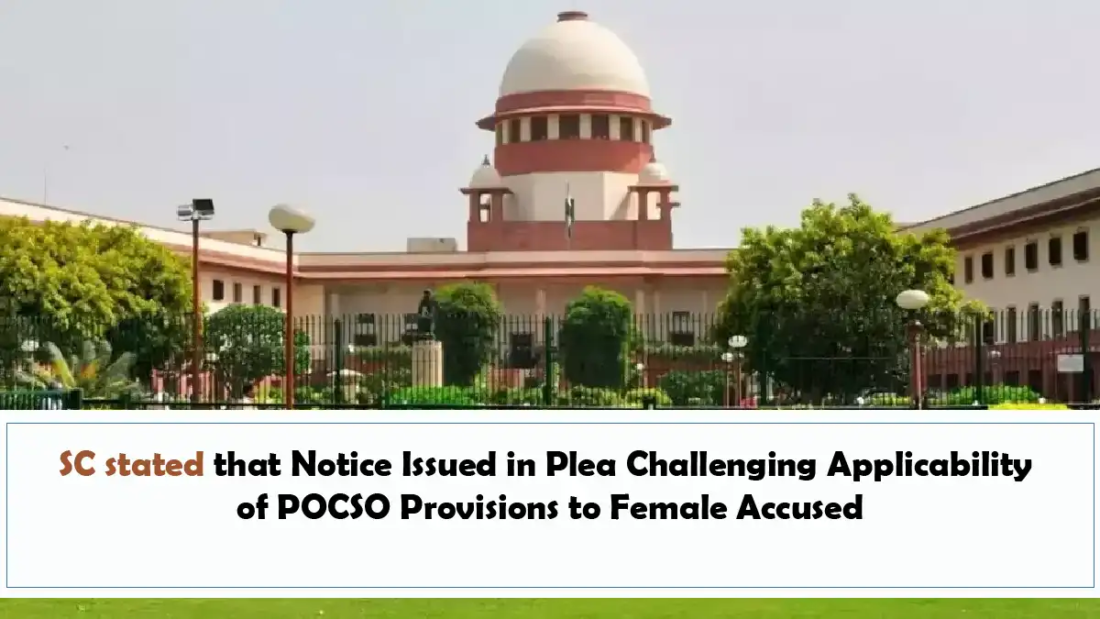Facts of the Case
The case concerns Ms. A, a 48-year-old woman from Bengaluru accused of sexually assaulting a 13-year-old boy between February and June 2020 when he visited her residence for art lessons. A complaint was filed by the child’s parents, and after investigation, a charge-sheet was filed for offences under Sections 4 and 6 of the Protection of Children from Sexual Offences (POCSO) Act, which deal with punishment for penetrative sexual assault and aggravated penetrative sexual assault. The Additional City Civil and Sessions Judge (Fast Track Special Court-I), Bengaluru, took cognizance of the matter. Ms. A approached the Karnataka High Court seeking quashing of the proceedings, arguing that provisions invoked against her apply only to male offenders. The High Court rejected her plea, deeming the Act gender neutral. Aggrieved, she approached the Supreme Court, which issued notice and stayed further trial proceedings.
Contentions of the Petitioner
The petitioner, represented by Senior Advocate Siddharth Luthra, argued that Sections 3(1)(a) to 3(1)(c) of the POCSO Act forming the basis for offences under Sections 4 and 6 are gender specific as they repeatedly use the pronouns “he” and “his,” thus limiting their application to male perpetrators. It was asserted that Parliament consciously drafted the provisions with male-specific terminology and, therefore, a woman cannot be prosecuted for penetrative sexual assault under these sections. The petitioner maintained that initiating proceedings under Sections 4 and 6 against a female accused violates the express language and legislative intent of the statute. She contended that other provisions may deal with acts by female offenders, but penetrative sexual assault under these clauses cannot be attributed to a woman.
Contentions of the Respondent
The State opposed the plea and supported the High Court’s ruling, arguing that the intent of the POCSO Act is to protect all children regardless of gender and ensure accountability for perpetrators irrespective of their gender identity. It was argued that focusing solely on pronoun usage would defeat the object of a welfare legislation enacted to safeguard minors from sexual exploitation. The State maintained that Sections 4 and 6 derive from Section 3, which despite using male pronouns must be interpreted purposively to include female offenders, especially as sexual abuse may occur in multiple forms involving manipulation or insertion beyond the physiological acts described. The State stressed that allowing gender-based exclusion of offenders would create a dangerous legal vacuum.
Court’s Observations
The Supreme Court did not enter into the merits at this preliminary stage but acknowledged the substantial question of law raised by the petitioner. Recording submissions, the bench of Justice MM Sundresh and Justice Satish Chandra Sharma ordered “Issue notice. In the meantime, further proceedings before the Trial Court shall remain stayed.” The Court noted that the challenge concerns the textual interpretation of Section 3 and its linkage to the punishment provisions under Sections 4 and 6.
The High Court judgment under challenge had earlier observed that the Act is fundamentally gender-neutral, stating: “The Act, being a progressive enactment, is intended to safeguard the sanctity of childhood. It is rooted in gender neutrality with its beneficent object being the protection of all children, irrespective of sex.” The High Court further held: “Although certain provisions may employ gendered pronouns, the preamble and purpose of the Act render such usage inclusive. Therefore, it is inclusive of both male and female.”
Court’s Order
The Supreme Court issued notice to the respondents and stayed further proceedings before the trial court. The matter will now be heard on merits to determine whether provisions relating to penetrative sexual assault under POCSO apply to female accused.
Written by Adv. Deeksha Rai
 Cart is empty
Cart is empty 

